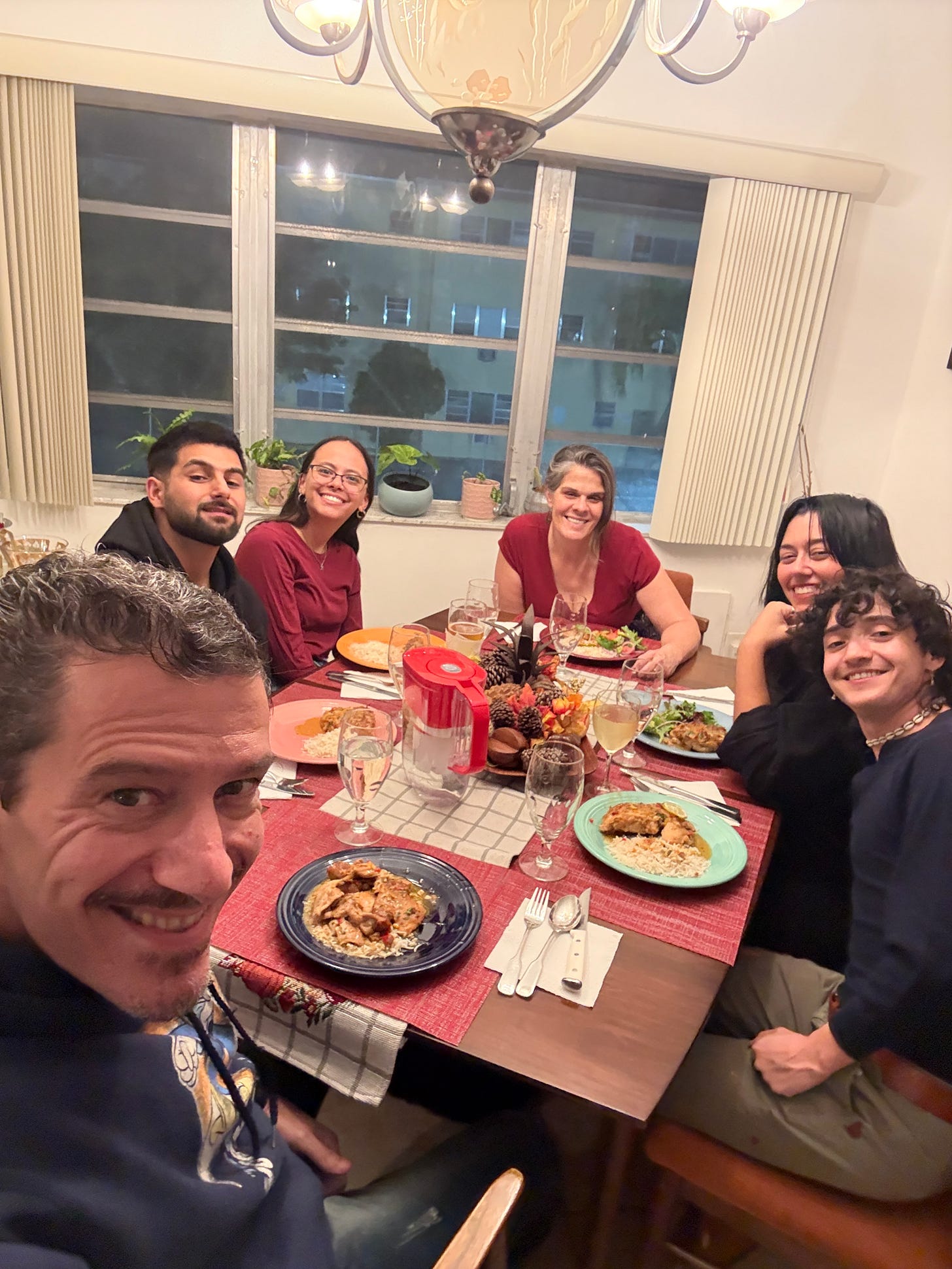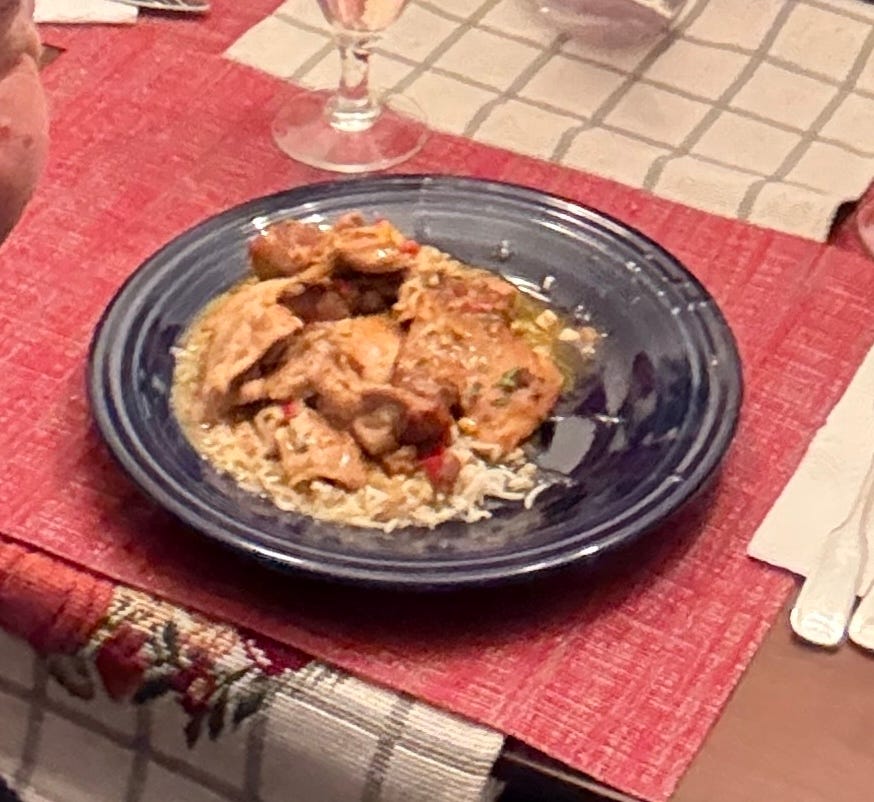Food = Fuel + Taste
A Sequential Formula
The debate between food as fuel versus food as taste has been around forever. Some argue food should nourish and sustain us, while others believe it’s about pleasure and culture. Can it be both? Maybe. However, prioritizing fuel has tangible benefits that can’t be ignored: better mental and physical performance, improved health, and greater satisfaction in the long run.
Mr. Skeptical tilts his head, grinning. "You forgot to mention the joyless monotony of eating like a robot."
"Not joyless," I reply. "Focused. Big difference."
Subconscious Fat at 30,000 Feet
Today, the title of this post (Food = Fuel + Taste) is a practical sequential formula. Food should first be considered fuel; taste can be seen as an added benefit. Or, like the icing on the cake, pun intended.
Mr. Skeptical folds his arms. “Great, all the steak has gone to your head. You think you’re Albert Einstein now.”
“As beautiful and marvelous as Einsteins formula is. How practical is it for daily use? Whereas Food = Fuel + Taste is a sequential formula we can use every time we eat, helping us make better food choices.”
“Maybe you’ll win the Nobel Prize.”
“Hey, the formula is practical. Even Einstein didn’t see himself as a genius; see that post here.
Subconscious Fat at 10,000 Feet
Mr. Skeptical snorts, leaning forward. "So you’re suggesting we all eat bland, utilitarian slop for the rest of our lives? Because, yeah, that sounds fun."
"That’s not what I’m saying," I counter. "Think of it like a high-performance car. You wouldn’t fill a Ferrari with cheap fuel because it smells nice and costs less. You’d use premium gasoline to keep it running at its best. The same goes for your body."
He shakes his head, chuckling. "You just compared me to a Ferrari. I’ll take it. But people aren’t machines, and food isn’t just about survival. What’s the point of living longer if you eat sad, tasteless meals?"
"Because," I reply, tapping the table for emphasis, "when you fuel your body right, you feel good. And when you feel good, everything—even food—becomes more enjoyable. A perfectly cooked steak or fresh salmon tastes better when not bogged down by inflammation and brain fog."
Mr. Skeptical eyes narrow in on me, and then he tilts his head. I know what he’s about to say before he says it. “Since you are Hermann Diehl, the real deal, give us an example.”
Subconscious Fat at Eye-Level
The above pic was taken last Sunday. My girlfriend cooked a meal for me and my boys and their girlfriends. Let’s take a closer look at what I’m eating on my plate.
It’s not the best image, but you can see that I have a lot of nutrient-dense chicken on top of a thin layer of rice. Rice is a filler food, not nutrient-dense. However, because the sauce with the chicken was so good, I used a little rice to soak up the sauce for more taste.
Practical Suggestions and Conclusions
He taps his chin thoughtfully. "So, you’re saying I’d enjoy food more if I... stopped enjoying it for a bit or limit the quantities of not-so-healthy food?”
"Exactly! Short-term discipline for long-term reward. Taste isn’t the enemy—it’s just secondary. Treat your body like the high-performance machine it is, and the benefits will outweigh any fleeting cravings."
Mr. Skeptical leans back again, smirking. "Fine. I’ll admit you have a point about fuel. But if you think I’m giving up pizza night, you’ve got another thing coming."
"Nobody’s saying you have to give up everything. Just think of it this way: food as fuel is an investment in yourself. Food as taste? That’s a fun dividend you get to enjoy along the way."
He raises his water bottle in mock toast. "To steak and dividends, then."
I slowly raise my cup of buttered coffee to toast him, surprised he’s agreeing with me. Is he setting me up?”
Be aware.
PS Links on LinkedIn, Facebook, and Instagram. Chat GPT was used to research and enhance this post.





